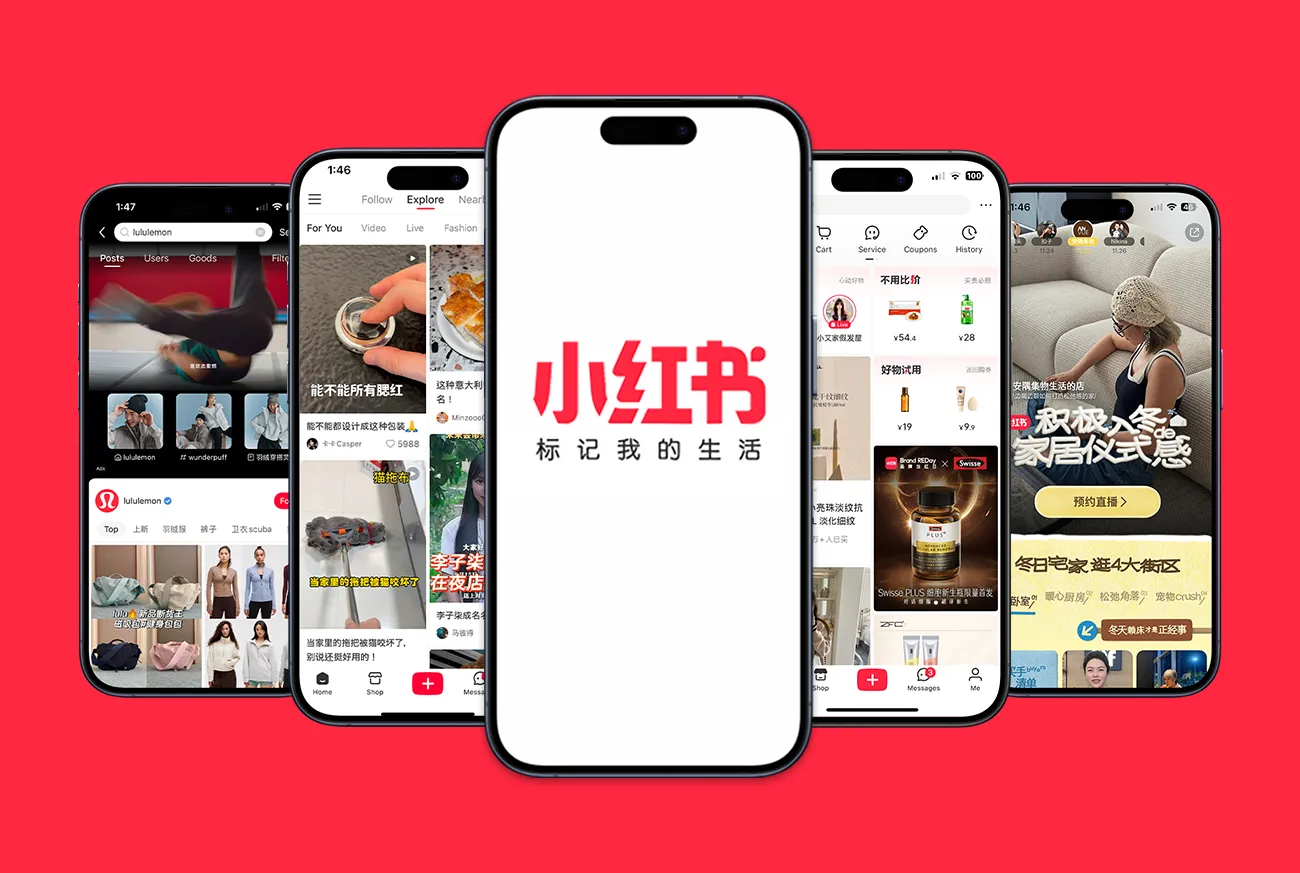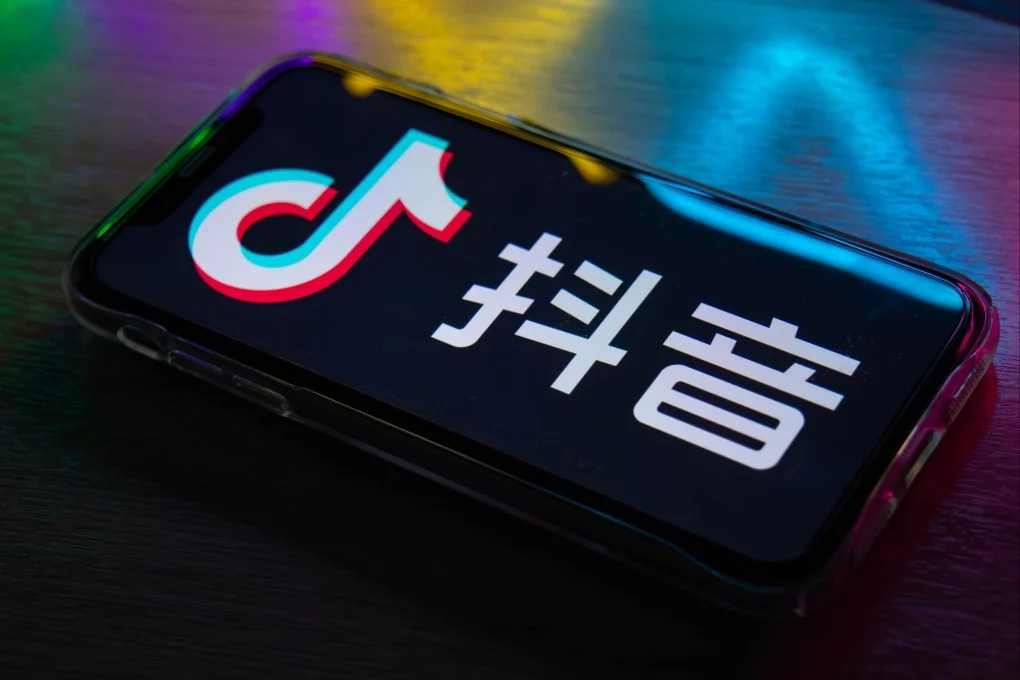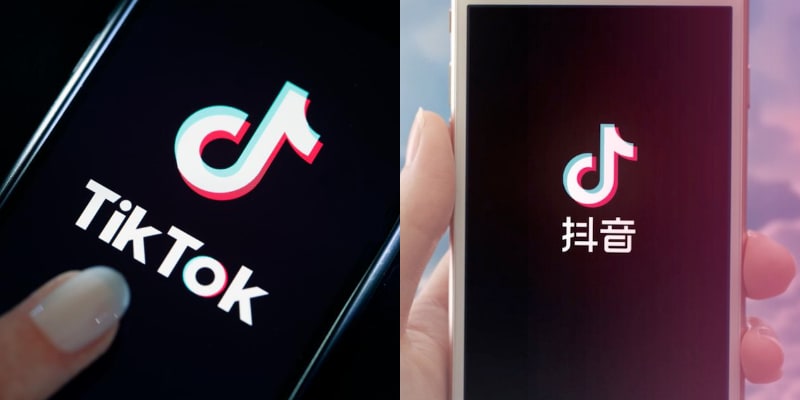Private Traffic = Fake Friends Shilling Lipstick: Welcome to WeChat’s Hottest Sales Trend
Thousands of Chinese firms are utilising WeChat to profit from a marketing trend that has swept the country’s e-commerce industry: private traffic.
Traditional open eCommerce platforms such as Taobao and Tmall are considered impersonal and uninteresting, preventing firms from making genuine connections with customers. Brands employ private traffic to convert casual shoppers into loyal customers by connecting with them in the same way that they would text family and friends.
The intimacy, though, is a sham — enabled by a suite of technologies that allow businesses to collect data on consumers, automate interactions with them, and, in some circumstances, create entirely synthetic influencers.
This year, private traffic sales are expected to exceed 3 trillion ($454 billion).
Link: https://restofworld.org/2022/china-wechat-private-traffic/
Luxury Brands Navigate Shanghai’s Lockdown to Keep VIPs Pampered
Banks and high-end hotels have joined luxury businesses in sending out treats for the wealthy, a privilege that has not gone ignored on social media. In addition to presents, several brands have organised online classes. La Mer has taught DIY facial massages, while Dior has offered seven-day tickets to a premium yoga studio’s virtual sessions. Prada has held a virtual cultural club in which writers, filmmakers, and musicians were invited to recommend books, movies, and recordings.
Since Shanghai accounts for up to 12% of China’s offline luxury shopping, store closures have required a shift to virtually, but still personally, servicing VIPs to ensure transactions are made after the lockdown.
Link:
How Do Beauty Brands Hop on China’s Metaverse Bandwagon?
China boasts the world’s second-largest beauty sector and a growing digital native consumer base. The rise of new technologies, such as the metaverse and NFTs, is opening up new possibilities, and luxury companies appear to be eager to take advantage of these new tools in order to communicate with young, tech-savvy Chinese consumers.
Laneige’s campaign reached the metaverse in December 2021, when they expressly invited CHUAN (Chuan CHUAN), a popular virtual idol, to serve as Laneige’s Trend Experience Officer, claiming to have broken past the barrier of beauty.
Takeaway: There will be an increasing demand for expressive avatars who are creative and free to wear make-up as if in real life.
Link: https://daoinsights.com/works/how-do-beauty-brands-hop-on-chinas-metaverse-bandwagon/
Digital Policy Experts Weigh In on China’s New Algorithm Regulation
Many of the most popular Chinese apps, including WeChat, Douyin, Weibo, and Taobao, altered their app settings to allow users to turn off algorithm-based recommendation services in mid-March, two weeks after China’s new algorithm law went into effect.
The regulation is also the world’s first attempt by a national regulator to control the possible abuse of algorithmic decisions. It asks companies to notify consumers about the usage of algorithms, provide an opt-out choice, and protect vulnerable groups, such as minors and seniors.
It may be too early to predict the regulation’s impact on Chinese IT companies and, more broadly, on the expansion of China’s internet sector, which has already been subjected to intense regulatory scrutiny in the previous year.
Chinese tech firms are facing challenges on multiple fronts, including increased domestic regulatory scrutiny, a slowing economy, concerns about the possible delisting of US-listed Chinese stocks from foreign markets, and the precarious position Chinese tech firms find themselves in amid Russia’s war in Ukraine. This regulation is likely to add to their list of concerns.
Babycare Mother’s Day Campaign – Better Mother’s Day Gifts
The evolution of parenting concepts
As the leading brand in the maternal and child business, BabyCare has created an intriguing campaign titled “Better Mother’s Day Gifts” for Mother’s Day in 2022. BabyCare introduced a new concept in parenting by encouraging daddies to participate in parenting as well as giving mummies time to have fun.
On the eve of Mother’s Day, he uploaded a piece of rap created by himself on the Douyin platform, along with the video with the baby, as a “better Mother’s Day gift,” with the help of the new baby dad and rap star Bridge, who routinely brought babies out of the circle. The amount of views on the Douyin #bettermothersdaygift related topic page hit 10 million one day after the video was released, while the similar topic uploaded on Weibo got 300 million views.
According to Babycare, the label “raising infants is a mother’s business” is mirrored in the design of maternal and newborn items, as well as the intrinsic notion of parenting. Bags with babies, for example, are known as “Mummy bags,” and they are created to fit the body and aesthetics of women. Another example: the room where babies are changed and fed is known as a “mother-and-baby” room, and guys are normally not permitted to enter; so, changing diapers is unquestionably mum’s task. BabyCare feels that it is past time to break the mould and provide a new parenting solution for the next generation. As a result, they renamed the “mummy bag” “Diaper bag” and changed the style and size to masculine norms. In addition, Babycare has changed the moniker “mother-and-baby” room to “Nursery room,” and they plan to develop 100 mobile nursery rooms in eight provinces and cities, with dads permitted to enter.
BabyCare advocates for the de-gendering of baby and maternal items in order to create an egalitarian and welcoming parenting environment in which to raise children. Not only are they revamping things, but also a new generation of parenting ideas and practices.



